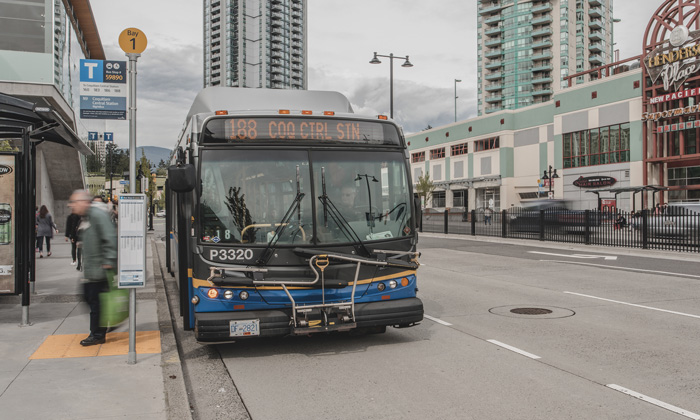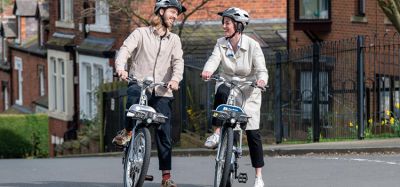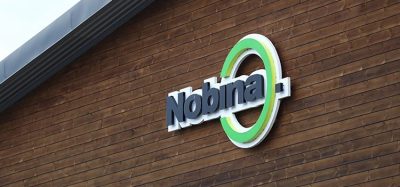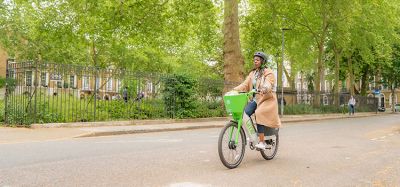British Columbia’s TransLink orders over 100 compressed natural gas buses
- Like
- Digg
- Del
- Tumblr
- VKontakte
- Buffer
- Love This
- Odnoklassniki
- Meneame
- Blogger
- Amazon
- Yahoo Mail
- Gmail
- AOL
- Newsvine
- HackerNews
- Evernote
- MySpace
- Mail.ru
- Viadeo
- Line
- Comments
- Yummly
- SMS
- Viber
- Telegram
- Subscribe
- Skype
- Facebook Messenger
- Kakao
- LiveJournal
- Yammer
- Edgar
- Fintel
- Mix
- Instapaper
- Copy Link
Posted: 21 November 2017 | Intelligent Transport | No comments yet
By placing the order for the CNG buses, TransLink is contributing to Metro Vancouver’s target to achieve zero-emission status by 2030…


Credit: TransLink
The South Coast British Columbia Transportation Authority (TransLink) has awarded New Flyer with a contract for 106 Xcelsior® compressed natural gas (CNG) forty-foot, heavy-duty transit buses.
The order was supported by the Federal Gas Tax Fund, through which the Government of Canada provides funding for municipal infrastructure, including public transit. The funds are administered by the Union of British Columbia Municipalities.
The announcement comes a little over a year after the Metro Vancouver transit system was named the third most sustainable transit system in North America by the Arcadis Sustainable Cities Mobility Index, when in the same month, the City of Vancouver committed to purchasing only zero-emission buses by 2025, with a goal to achieve zero-emission status by 2030.
The buses will be powered by 2018 Cummins L9N engines, which provide a reduced carbon footprint1, supporting TransLink’s planned fleet rejuvenation initiative and vision for increasingly sustainable transit.
“We are proud to build on our longstanding relationship with TransLink as it evolves to a desired state of low and no emission public transportation,” said Paul Smith, New Flyer’s Executive Vice President of Sales and Marketing. “With a focus on sustainable transit, New Flyer will continue to evolve alongside leaders like TransLink, building reliable and innovative technology to support healthy communities, to preserve the environment, and to foster smart, connected cities.”
TransLink delivers public transportation services through Coast Mountain Bus Company, British Columbia Rapid Transit Company Ltd. (SkyTrain) and West Coast Express Ltd., across an 1,800 square kilometer area in the Metro Vancouver region. On an average weekday, there are approximately 1.3 million boardings on the TransLink system.
References
- NOx emissions reduction from 0.2 to 0.02g/bhp-Hr
Related topics
Air Quality, Alternative Power, Fleet Management & Maintenance, Sustainable Urban Transport
Related modes
Bus & Coach
Related cities
Canada








